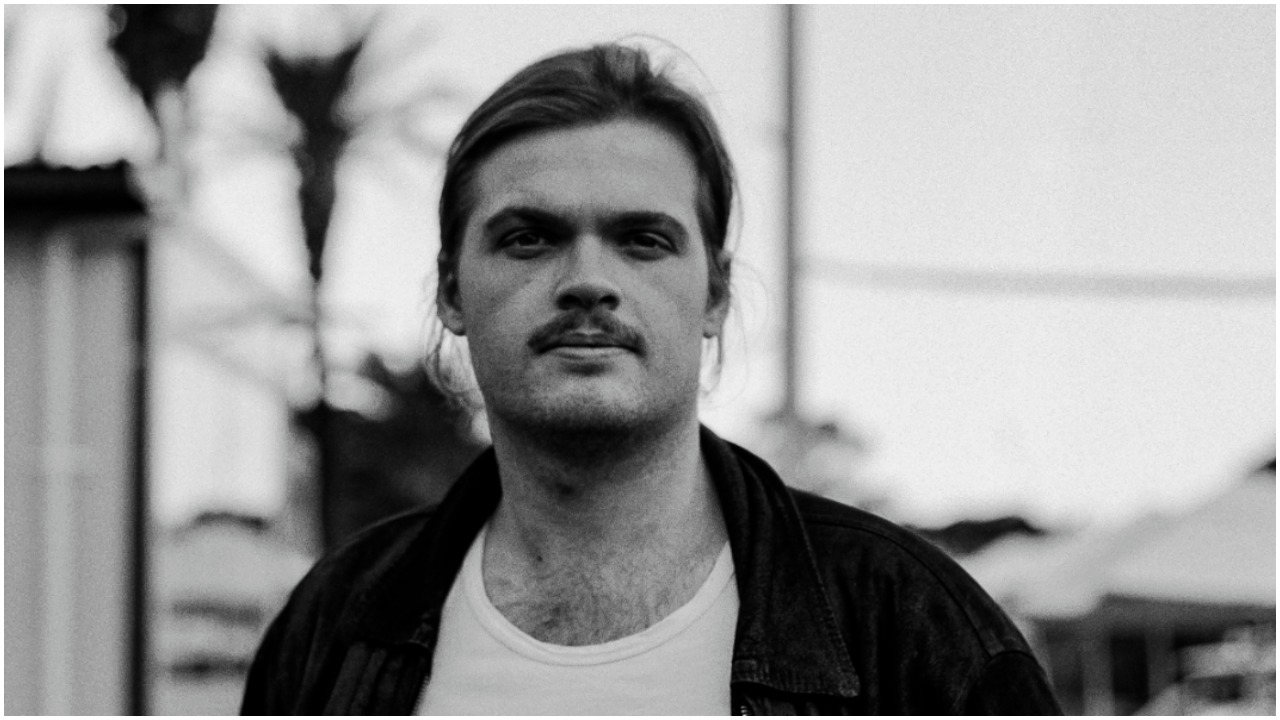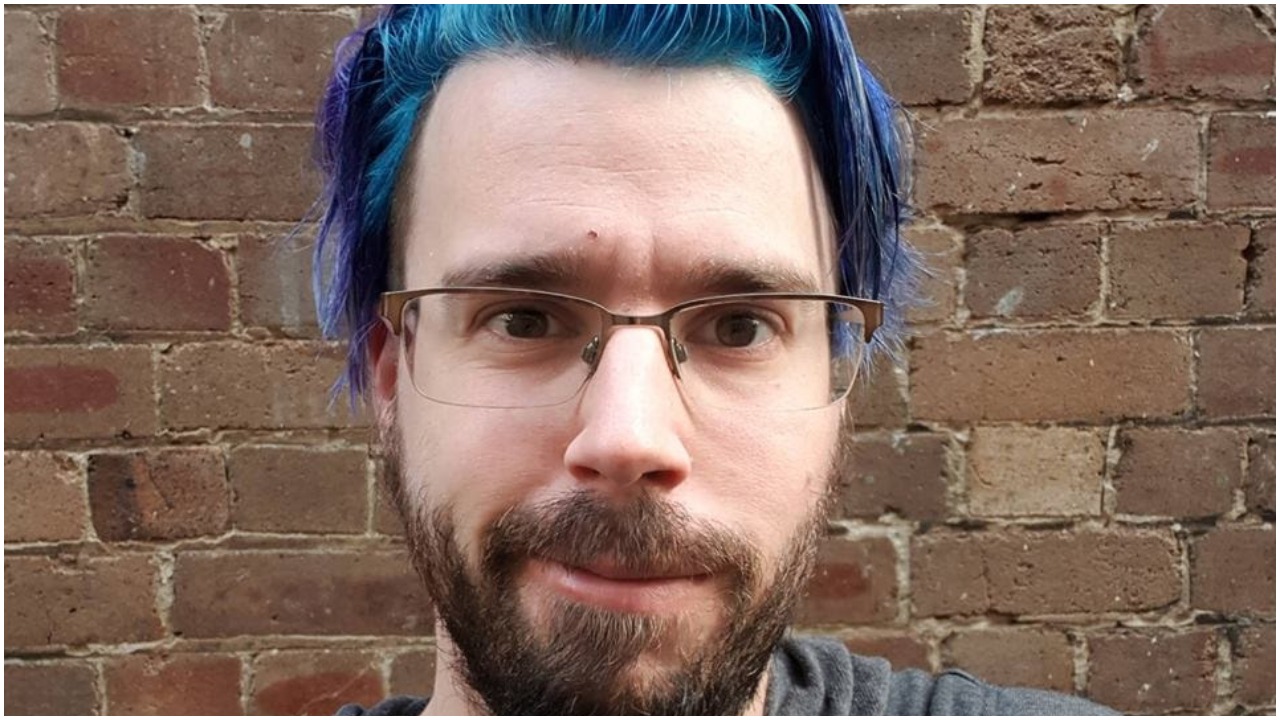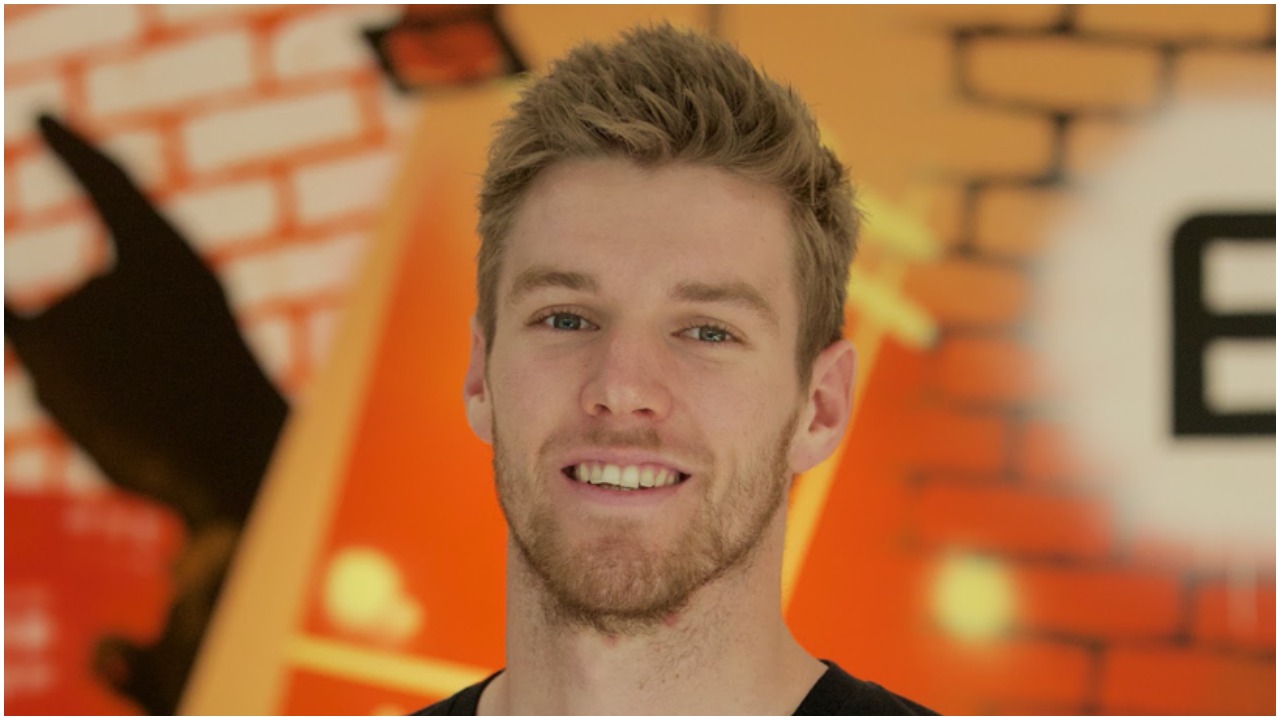TMN 30 Under 30: Meet your Professional Services winners

With the finalists, 30 victors and Reader’s Choice champ revealed, it’s time to meet the winners.
After getting to know the Media & Journalism winners on Tuesday, it’s time to take a look at the three TMN 30 Under 30 heroes from the Professional Services category.
Congratulations to Ben Wilson from Sony Music, Cameron Lam from APRA AMCOS and Eamon McKenna from Eventbrite.
We asked each applicant to outline the biggest challenges facing the music industry and all 30 entries were unique and worth sharing. Responses were given prior to the outbreak of COVID-19.
This year’s TMN 30 Under 30 Awards are made possible thanks to six incredible sponsors, including APRA AMCOS, Eventbrite, MTV, Sony Music, Universal Music and Warner Music.
Ben Wilson, Sony Music

Discerning the explosive trends of the digital industry – where micro platforms like TikTok will lead the world of streaming.
Making the most of the traditional physical business niche – how the steady renewal of the vinyl market can indicate the passion of fanbases for tangible consumption.
Enhancing the connection between artist and consumer – the increasing importance of constant content, managing fan expectations, and staying original in the eyes of a fanbase.
The exploitation of new technologies – machine learning in forecasting and trend analysis is a strange and exciting frontier that will have implications on how we market (and, possibly, even generate) music.
Capturing audiences in an increasingly post-genre consumer demographic, as well as the constant redefining of ‘pop music’.
How to best utilise the role of the modern music superstar, not only as an artist, but ambassador, social voice, and cultural icon.
Cameron Lam, APRA AMCOS

The biggest challenge we face is support. The incredible breadth of skills required to work as an artist takes time and investment, and the physical and mental impact is onerous.
How do you support those emerging to learn and adapt to the marketplace, our middle-career artists to keep up with and survive the demands, and engage and care for our retiring artists?
So much of our industry depends on skilled labour – especially when we look at artists and freelancers, but how do we support those people to acquire those skills? How do we allow them to retrain constantly or even identify what those key skills are?
I think this is most notable in the independent and small-to-medium sectors where quality content or product requires a single person or small team to be familiar with an enormous range of skills (marketing, performance management, recording, finance, video production, digital/social media), or have the capital to outsource.
Likewise, for an industry that is often spread too thin, how do we best support those retiring or taking a break from the industry – either permanently, or for a break (such as parenting or caring) or shifting their engagement with the field (to a part-time nature for example). Can we provide gainful employment for these people and hold space to not lose their experience and expertise?
Finally, can we support those who are marginalized in our industry (either by a number of power differentials) to continue engaging and enhancing our community? Can we provide them with pathways and rewards for surviving the often constant barriers that are invisible to already in a powerful position?
Will we support them, believe them and act to ensure that this is a diverse industry that is aware of its flaws and is actively working to address them.
Will we support the people who make and support our ongoing culture?
Eamon McKenna, Eventbrite

Cancellations and closures are a real threat to the music industry at the moment.
In the festival space, the mounting cost of insurance, coupled with extreme weather and natural disasters is putting pressure on events of all sizes.
In the venue space, shifts in licensing and legislation are making it harder than ever to stay viable.






























